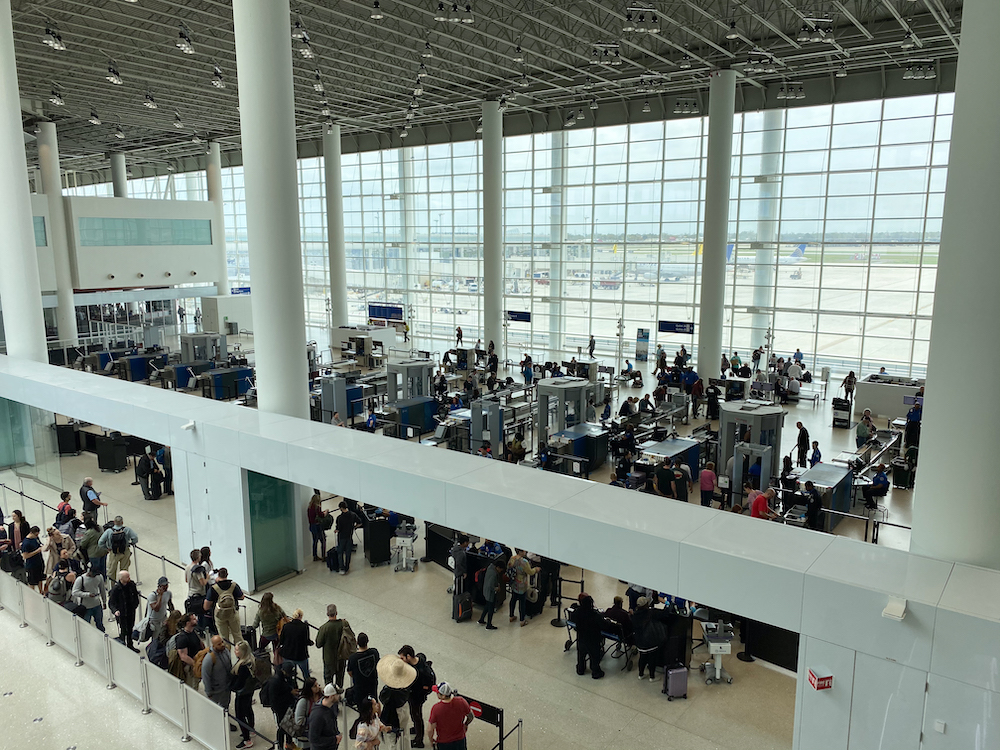Airlines warn a proposed law letting travelers refuse facial recognition scans could mean longer waits, missed flights, and stressed-out attendees
A new law under consideration in Congress would give air travelers the right to opt out of using facial recognition technology at TSA checkpoints. Privacy advocates applaud the move. But the nation’s largest carriers — including Delta, American, United, and Southwest — warn that it could snarl airport operations and make TSA wait times significantly longer if large numbers of passengers decline the biometric screening option.
For meeting and event professionals, that’s not an abstract policy debate. It’s a potential new choke point in an already fragile travel system — and it could mean more late arrivals, missed sessions, and stressed-out attendees.
The True Cost of Longer Lines
Longer TSA lines add yet another unpredictable variable right at the start of the journey for attendees.
For event professionals, the consequences cascade:
Attendance risks: More missed connections, keynote delays, and reduced participation.
Higher costs: Extra hotel nights, rebooking fees, staff overtime.
Diminished experience: Attendees who finally make it through the lines arrive drained and disengaged.
How Planners Can Prepare
Whether this law passes or not, the trend line is clear: airports will remain unpredictable. Planners can get ahead of the problem with proactive measures:
Flag It Early: Warn attendees in pre-event comms that TSA delays may be longer than usual, and urge them to budget extra time.
Reframe Flight Timing: Encourage speakers and VIPs to fly in the night before critical sessions.
Lean on Hybrid Backups: Ensure your most important sessions can still be delivered if a speaker is stuck at security.
Use Integrated Tools: Travel/event platforms can monitor manifests and send push notifications when itineraries change.
Ease the Pain: “Delay survival kits” (chargers, snacks, earbuds) or even lounge passes can help turn downtime into productivity.
The Bigger Picture
The proposed TSA law highlights a truth planners already know: smooth business travel is no longer guaranteed and reactive fixes aren’t enough. Planners who anticipate these chokepoints, build resilience into their logistics, and communicate effectively will not just safeguard ROI — they’ll strengthen their reputation as indispensable partners in turbulent times.
Longer TSA lines may be coming. For smart planners, they won’t just be a problem to endure — they’ll be another variable to manage, predict, and turn into a competitive advantage.
Any thoughts, opinions, or news? Please share them with me at vince@meetingsevents.com.
Photo by Tony Webster, CC BY 2.0





